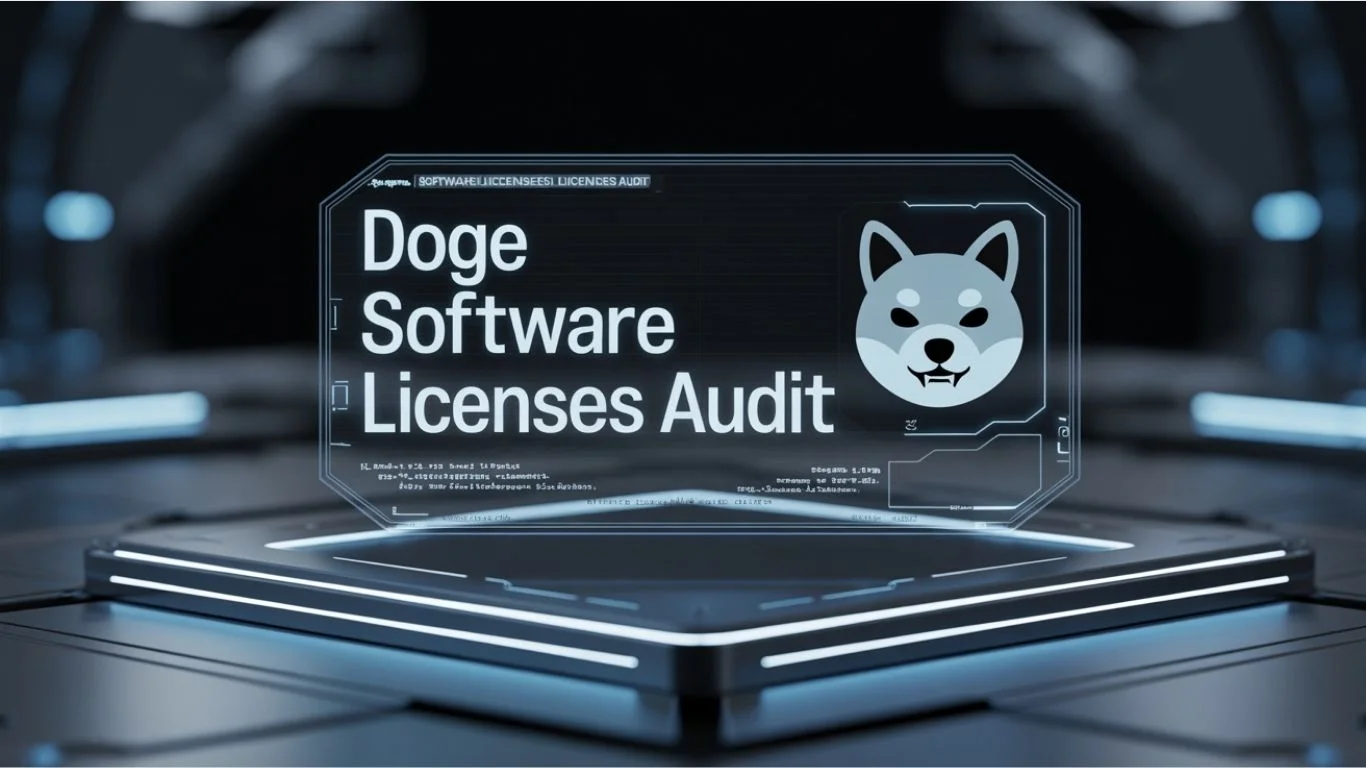Doge Software Licenses Audit HUD – Smarter License Tracking Made Simple
Doge software licenses audit hud, your go-to insight into an intelligent way to track, manage, and stay compliant with software licenses. In the fast-paced world of development, it’s easy to lose sight of licensing obligations. That’s where a smart dashboard, like the Doge Software Licenses Audit HUD, steps in to simplify everything.
Introduction
Software licensing is more than just a legal formality. For developers, startups, and even established tech firms, it can be the deciding factor between running a smooth project and facing unexpected roadblocks. The Doge Software Licenses Audit HUD is designed as a centralized, clear, and efficient space to monitor every license in use, assess potential risks, and maintain compliance effortlessly.
Instead of spreadsheets, endless emails, and scattered files, this system offers a clean interface where information is always available and easy to understand.
What It Is
At its core, the Doge Software Licenses Audit HUD is a real-time dashboard built for developers and managers. It works like a control panel that brings together all license-related details:
- Software name
- License type
- Expiration date
- Usage rights
- Renewal alerts
- Compliance status
By combining these details into one display, users can quickly see where they stand and what needs attention.
Why It Matters
Mismanaging licenses can lead to legal troubles, unexpected expenses, or even blocked product releases. Common challenges include:
- Losing track of expiration dates
- Mixing incompatible licenses in a single project
- Failing to update to newer license terms
- Accidentally violating open-source requirements
The HUD addresses these challenges by making license oversight visual and automated. You’re no longer digging through contracts — the information is in front of you.
How It Works
The Doge Software Licenses Audit HUD operates in three main layers:
1. Tracking
Every license your team uses gets recorded in the system. Whether it’s a paid enterprise tool, a free open-source library, or a subscription-based service, it’s stored and tagged for easy reference.
2. Analysis
The HUD doesn’t just store data — it evaluates it. It checks for license conflicts, overlapping terms, or mismatches that could affect compliance. For example, if a component’s license is incompatible with your project’s distribution model, the HUD can flag it early.
3. Alerts
Notifications keep the team informed. These could be about upcoming renewals, license upgrades, or important changes in licensing policies.
Key Benefits
The system offers several advantages:
- Time savings – No more manual searching through documents.
- Reduced risk – Problems are spotted before they cause harm.
- Transparency – Everyone from developers to managers can see the same data.
- Scalability – Works for small teams and large enterprises.
For Developers
From a developer’s perspective, the HUD is like a silent assistant in the background. You can code without worrying about whether your chosen library will cause legal issues later. It’s especially valuable in projects that mix proprietary code with open-source modules.
For Managers
Managers get a broader view of compliance and spending. They can quickly identify unused licenses, reduce waste, and ensure budget allocation aligns with actual needs.
Risk Management
Ignoring license rules can lead to:
- Legal disputes
- Product takedowns
- Financial penalties
By keeping everything visible, the HUD minimizes these risks. It’s proactive rather than reactive.
Integration Possibilities
The Doge Software Licenses Audit HUD could link with:
- Version control systems (GitHub, GitLab) to track license changes in dependencies.
- Project management tools to align license data with release schedules.
- Billing systems to automatically reconcile license costs.
Future Potential
As technology advances, the HUD could evolve into a predictive tool. Using AI, it might forecast license risks, suggest alternatives, or even negotiate renewals automatically. In time, it could become an industry standard for compliance.
Why “Doge”?
While the name may sound playful, it can also signal an approachable and user-friendly product. Many software solutions are bogged down by overly technical interfaces; this HUD aims to be clear, simple, and accessible, even for non-technical users.
Best Practices with the HUD
To get the most from it:
- Keep license records updated regularly.
- Review flagged risks promptly.
- Train your team to understand basic licensing rules.
- Integrate the HUD with other workflow tools.
Closing Thoughts
The Doge Software Licenses Audit HUD is more than a convenience — it’s a safeguard for projects that rely on multiple software tools. By centralizing license information and providing real-time insights, it reduces errors, saves time, and protects your work from avoidable setbacks.
Whether you’re an independent developer or part of a large organization, adopting such a system can keep you ahead in the complex world of software licensing.






